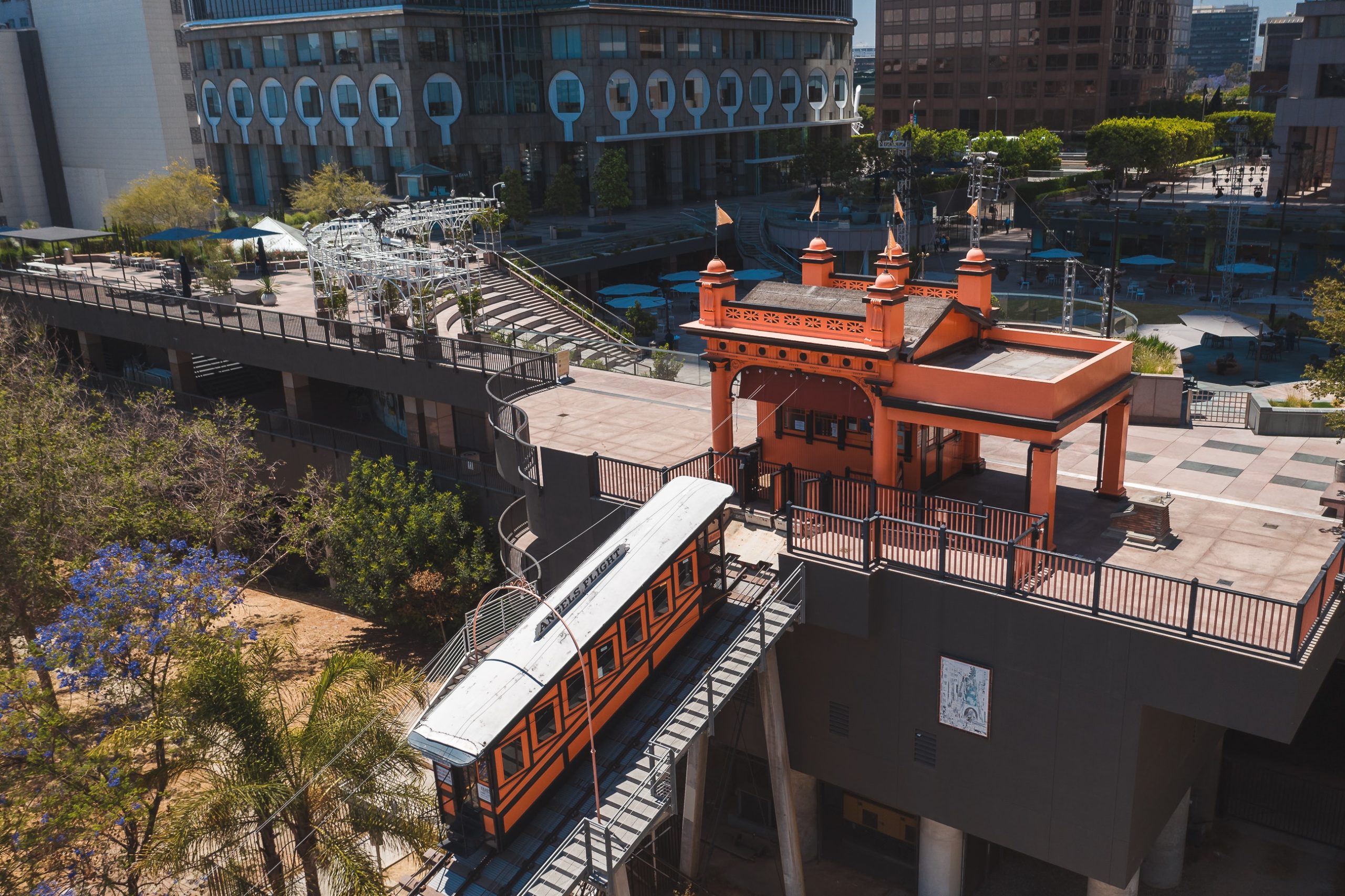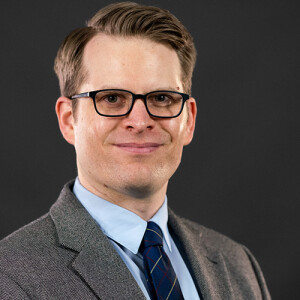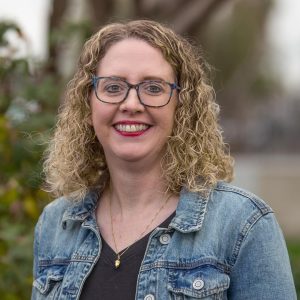In the past week, our church world has been turned upside down. Church members who have sat in the same pews for decades have had to navigate to Facebook, YouTube, or Zoom to participate in worship. Pastors who are skilled at speaking to a room of congregants have had to become instant tech experts and Instagram influencers. Even in the midst of so much change, something surprising is happening, and if we watch carefully we may learn something new about community.
When life is normal, we tend to default to certain expectations and habits. We assume that the average person is doing fine. We assume it’s business as usual for the pastor. We assume that the church will just keep plugging along as normal. We slip into routines; fulfilling church obligations, socializing with the same church friends, and spending our days caring for our typical, day-to-day concerns.
In a time of upheaval, as we are in now, our regular assumptions and defaults are null and void. We recognize the average person who isn’t doing fine-they are likely fearful and anxious. They are learning to adjust to rapidly changing circumstances. We expect our pastors are stressed as they learn how to serve the church from their computers and phones. Further, most of our routines aren’t even options any more.
If we look carefully – through the chaos and change – we can see something surprising and beautiful emerging. I noticed it during our weekly prayer “gathering” that was conducted through video conference software. We saw each family in their own home-many of which I haven’t had the joy of entering yet since we are new to the church! We opened up about fears and challenges. We prayed with more dependence on God and a fresh sense of our hope in him.
The readjustment of our assumptions, the demolition of our defaults, and the creativity of our care is doing something. It’s reminding us of our need for God. It’s alerting us to our need for each other. We are praying more urgently for our pastors. We are conscious of the church’s financial needs. We are relating to our shut-ins who have been socially distant for years. We are using all our creative means, technology, time, and energy to connect in new ways.
Although many are worried social distancing will harm our churches, I think there is a surprising possibility that it’s actually building community. Perhaps when we all are able to meet in person once again, the community we have built while apart will be sweeter, more intentional, and entirely dependent on God in ways that we have never seen before.
Read More
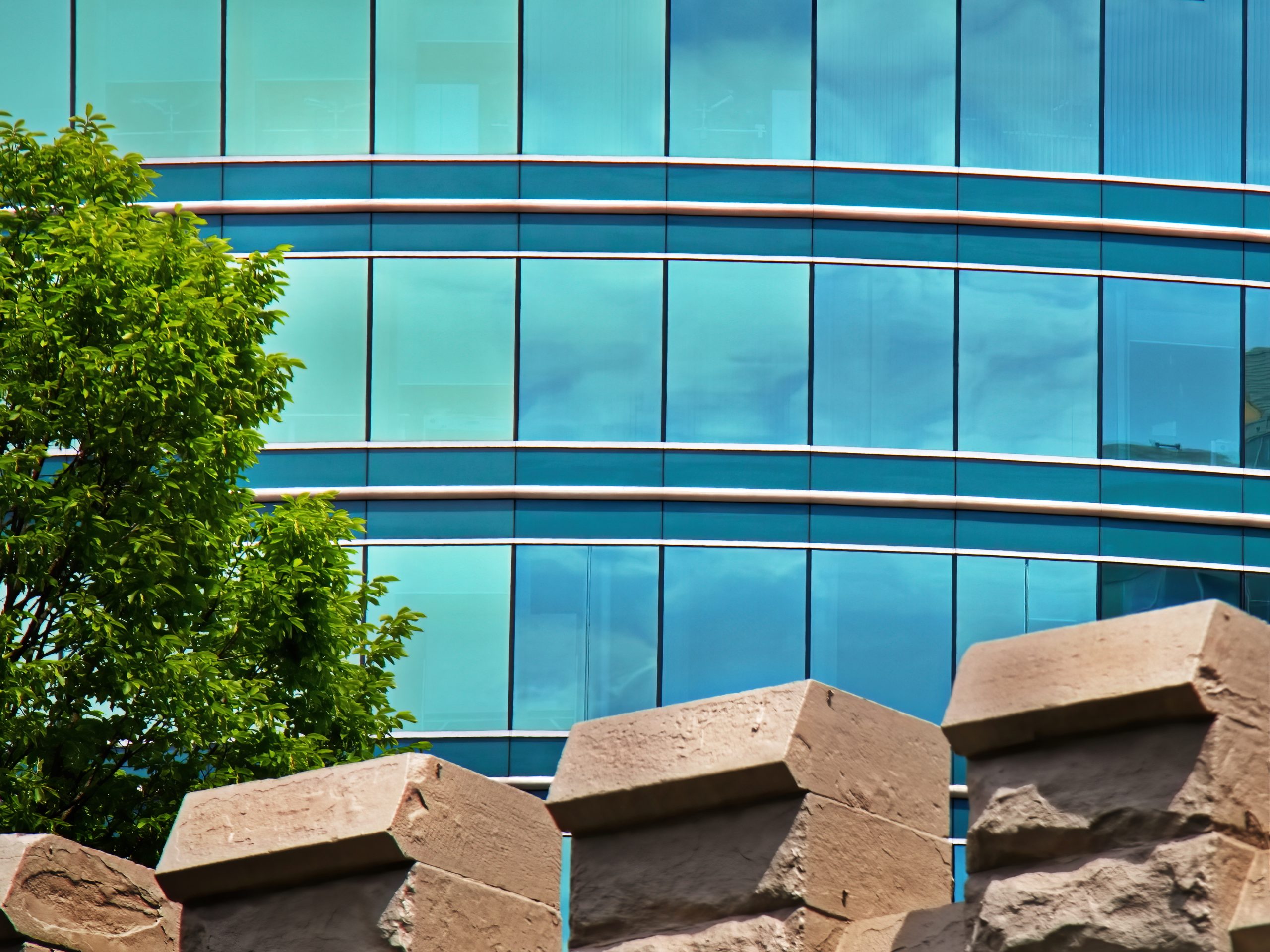
Excerpt — Towards a Clearer Understanding of Jonathan Edwards’s Biblical Typology: A Case Study in the ‘Blank Bible’
Dr. Cameron Schweitzer provides new insights into Jonathan Edwards’s often mischaracterized typology.
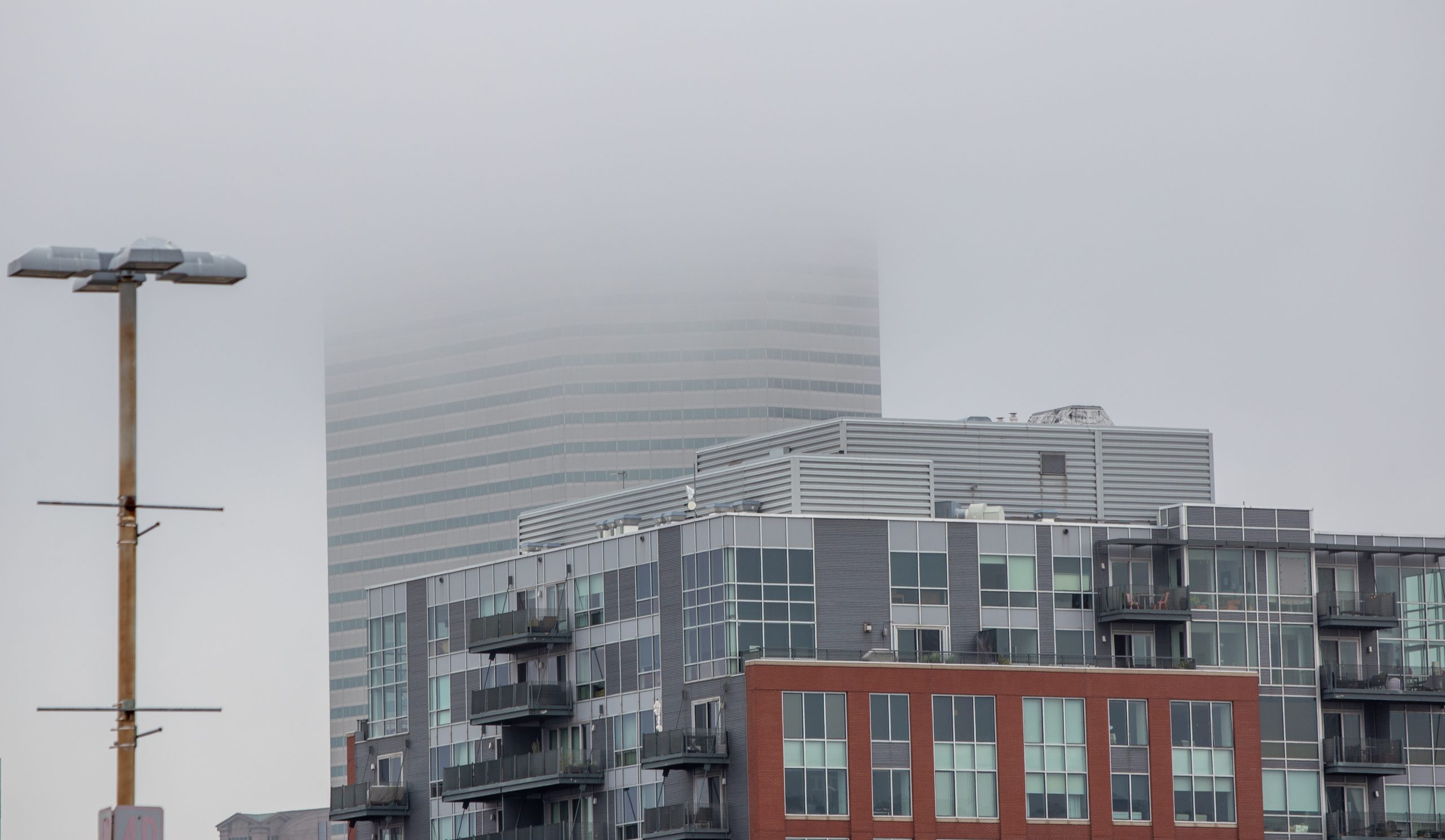
Seeing the Unseen
CSBC Women’s Ministry Director Cathie Smith shares how the church can serve the marginalized in its community.
Listen
Wisdom Books | Ecclesiastes
A common misconception about the book of Ecclesiastes is that it is very pessimistic. In actual fact, there is great comfort throughout the book that while life without God is meaningless, there is great satisfaction found when we cling to the Lord, and only to Him.
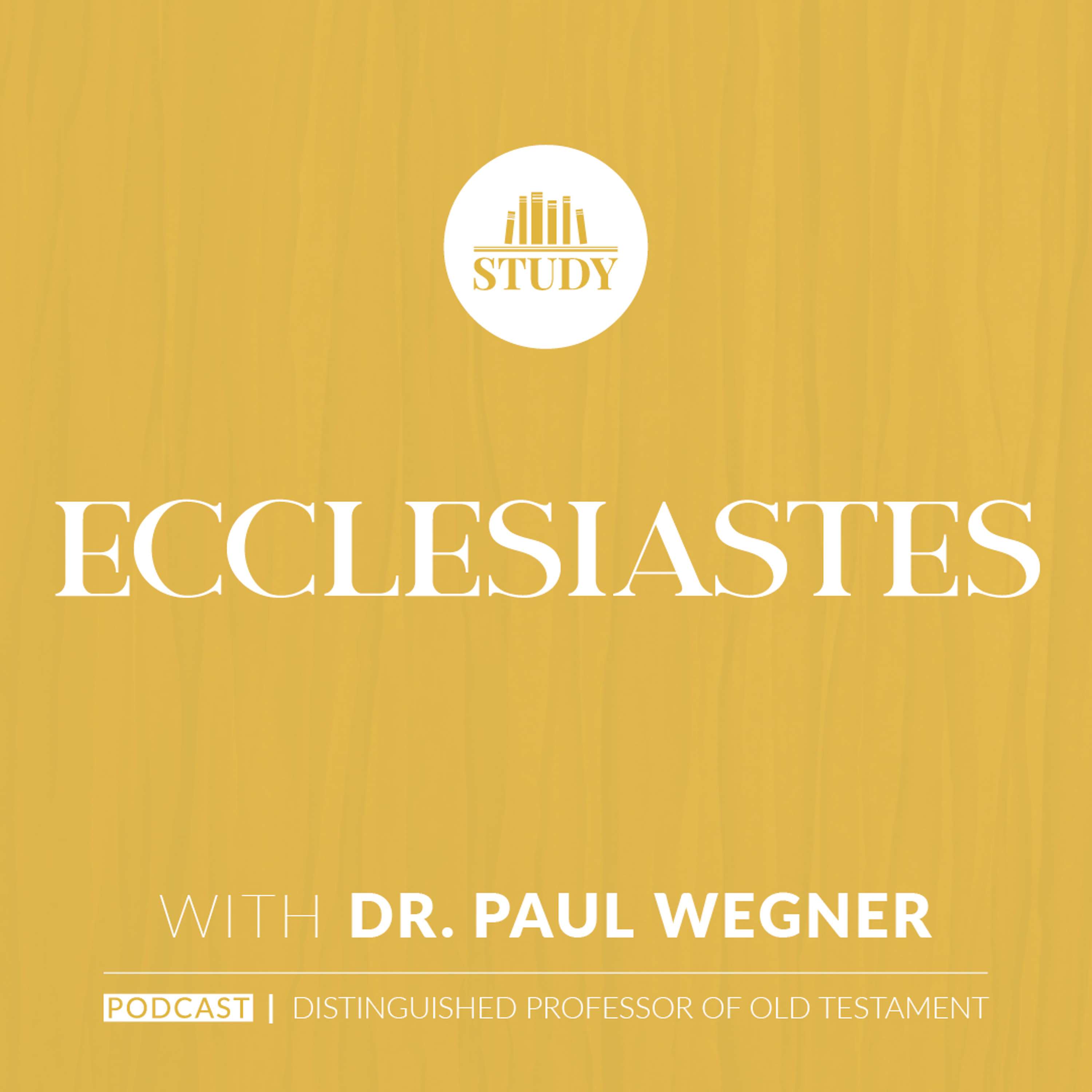
Ministering in Finland
Mikko Sivonen, Academic Dean of the Agricola Theological Seminary in Finland, joins Dr. Hopkins to discuss working as a missionary in a place where people are predominantly a different denomination than you. You can learn more about Mikko’s work here www.agricolasemin

Watch

Jonathan Edwards and the Asbury Revival
Chris Chun and Chris Woznicki discuss the signs of true revival, signs of the work of the Holy Spirit, and why it is important to critically assess the characteristics of revival in a spirit of charity.

Jonathan Edwards and the Baptists | Douglas Sweeney, Nathan Finn and Chris Chun
Dr. Douglas Sweeney and Dr. Nathan Finn joined Dr. Chris Chun for a panel discussion on Jonathan Edwards, recorded live at the SBC Annual Meeting in Anaheim.

